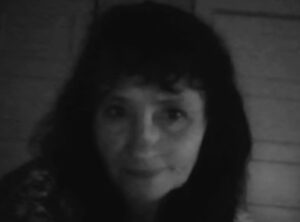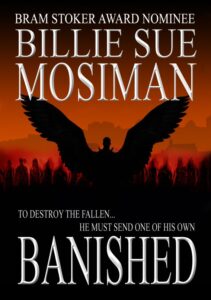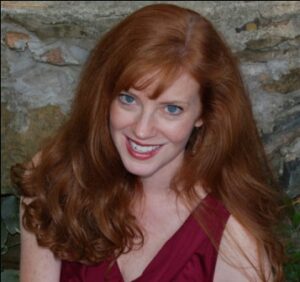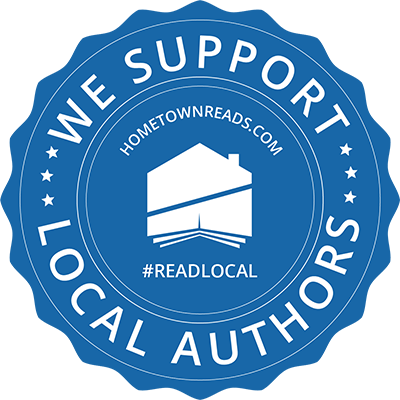I first discovered Billie Sue and her writing in the mid 90s about a year before she edited the anthology, Never Shake a Family Tree. It is with great pleasure to have her as our guest today. Please help me welcome her to The Editing Essentials!
Billie Sue Mosiman is an Edgar and Stoker Nominated author of more than 50 e-books. She published 13 novels with New York major publishers and recently published BANISHED, her latest novel. She’s the author of at least 150 published short stories that were in various magazines and anthologies. Her latest stories will be in BETTER WEIRD edited by Paul F. Olson from Cemetery Dance, a tribute anthology to David Silva, a story in the anthology ALLEGORIES OF THE TAROT edited by Annetta Ribken, and another story in William Cook’s FRESH FEAR. She’s an active member of HWA and International Thriller Writers. She’s working on a new novel of suspense titled THE GREY MATTER. You can visit her at: The Peculiar Life of a Writer http://www.peculiarwriter.blogspot.com, or at Facebook: http://www.facebook.com/billie.s.mosiman or on Twitter: @billiemosiman or at Billie Sue’s Amazon Page.
WD: Does your family support your writing career, and if so, have they always?
BM: Yes, my husband has always supported me in my career. Before I sold a novel, all my other women friends had a job and I was at home, writing. I’m sure they thought I was being lazy because didn’t everyone work? My husband continued supporting the family and believing in me until I got my first contract. My daughters were raised with a writer so they understood what I was doing (I probably lectured them enough about how important Mama’s work was!). They tried hard not to interrupt me when I was at the typewriter and the computer.
WD: Does anybody in your family write because of your influence on them?
BM: No. My daughters are creative in various ways, but they haven’t been writing.
WD: What inspired you to begin writing?
BM: I can’t imagine. Since I wanted to be a writer from the time I was thirteen, I can’t say what inspired me. I think it was because I was raised around Southern storytellers who sat around telling one another tales, but it could also be because, or in addition to, my love of reading books.
WD: What author or authors influenced your own style?
BM: There were several. John D. MacDonald, Jim Thompson, Phillip K. Dick, Scott Fitzgerald, John Steinbeck, and a whole raft of mystery and suspense popular writers during the 70s and 80s.
WD: What is your own process for getting a manuscript complete? Any habits? How do you stay focused?
BM: I believe in dedication and discipline. I was under contract from year to year so I had novels to turn in and expected of me. I would write every day five days a week and take weekends off to devote to my family. That kind of schedule became a routine. I stay focused by reading over what I’ve written the day before and falling into the page, falling into the story so that I can see it in my head and can write the next scene or chapter.
WD: What are your thoughts on how the industry is radically changing to benefit the author? How do you see the industry changing for the better or worse?
BM: With digital books it’s changed almost completely. Writers in my early years of course sent their paper manuscripts in manuscript boxes to New York publishing houses or agents. Today writers can simply upload them to a digital online bookstore. I think the industry has changed for the better in giving the author more control and it’s changed for the worse in making people believe their work is ready to be “published” digitally when it isn’t, or when as writers they really have some way to go to be professional writers. I expect it will all shake out eventually, but the transition might be rocky.
WD: If you could give one tip to a new writer, what would it be?
BM: Write like it means something to you, like storytelling is your life’s goal and you want to tell the best stories anyone ever told. Try to write in a humane way, with heart, and hope to touch people. Write with nerve, take risks, try to do what hasn’t been done or do what has been done better. Lastly, get an editor. Your prose probably isn’t as polished as you think it is.
Thank you, Billie Sue, for being with us today! If you’d like to leave a comment or question for Billie Sue, we will be happy to pass it on to her.








